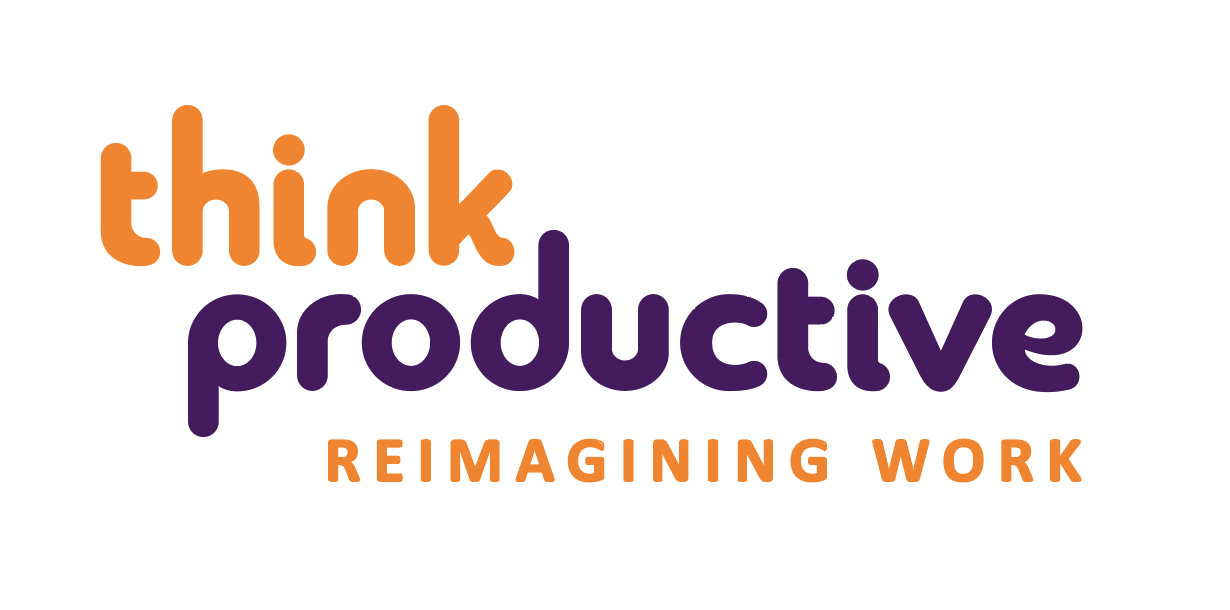Grace Marshall is our Productivity Ninja for the Midlands, where she leads email training and time management workshops.
She blogs here and can be found on Twitter, Facebook and Linkedin
In this day and age, when so many of us work with our heads rather than solely with our hands, switching off may not be as simple as leaving work and going home (or for that matter, leaving home and going to work).

When our heads are full of information to process, decisions to make, thoughts to formulate and things to remember, it’s not always easy to just switch off our brains, or to switch over from work to home mode or vice versa.
Even when we’ve switched off the computer, our work phone, emails, shut the office door and physically left the building, we might still find our brain ticking away in work mode.
The art of switching off comes from two things:
Have a trusted system
My 4 year old daughter has a habit of hoarding toys in play areas. She’ll typically play with something, bring it over to me, and ask me to look after it while she plays with something else. When I call her over for lunch, she brings the scooter or bike she’s been riding and wedges it between her chair and the table so no-one else can get it.
She will only put down a toy if she feels certain that it will still be there when she comes back to it. We have some interesting conversations about sharing.
In the same way we will only mentally let go of something when we feel sure we can come back to it later. That reminder we’ve written down, that date that’s in the diary, that shopping list we’ve made.
Our brains need to know that it’s safe to switch off, that we can put that piece of work down without it disappearing, exploding, being forgotten or coming back later to bite us!
In our workshops we show people how to develop their own trusted system, a ‘second brain’ to hold information, so that their actual brains can be free to focus on the present moment and task at hand.
Be purposefully present
Switching off is just one side of the equation. Switching on to the present is just as important.
Telling your brain not to think about something is like telling a child not to run.
“Walk please” works better than “Don’t run!” just as “Relax” works better than “Don’t panic!”
In the same way, it’s easier to switch off from work when you are clear about where your attention is going instead, whether that’s having fun with your kids, relaxing in a hot bath, beating your brother at a game of squash or enjoying a meal with friends.
Be purposeful about how your want to spend your family, social and personal time. Decide what’s important to you, how you’re going to enjoy it and let yourself be immersed in the moment.
And the result?
We get more done when we focus on what we are doing than what we’re not.
We do our best thinking when we can use our whole brain rather than have one eye on something else.
Switching off can often give us the break we need to refresh our brains and come back with quicker solutions and better ideas.
We feel like we have more time. Research shows that those who feel more time affluent, more rich in time, are people who regularly experience awe – that feeling of being captivated by the present moment.
What do you think? What helps you to switch off?

Like this? Try these
If you’re struggling with getting things done, give one of our time management training courses a go
Why You Should Embrace Work-Life Imbalance Lifehacker
———————————————————————————————————————————


